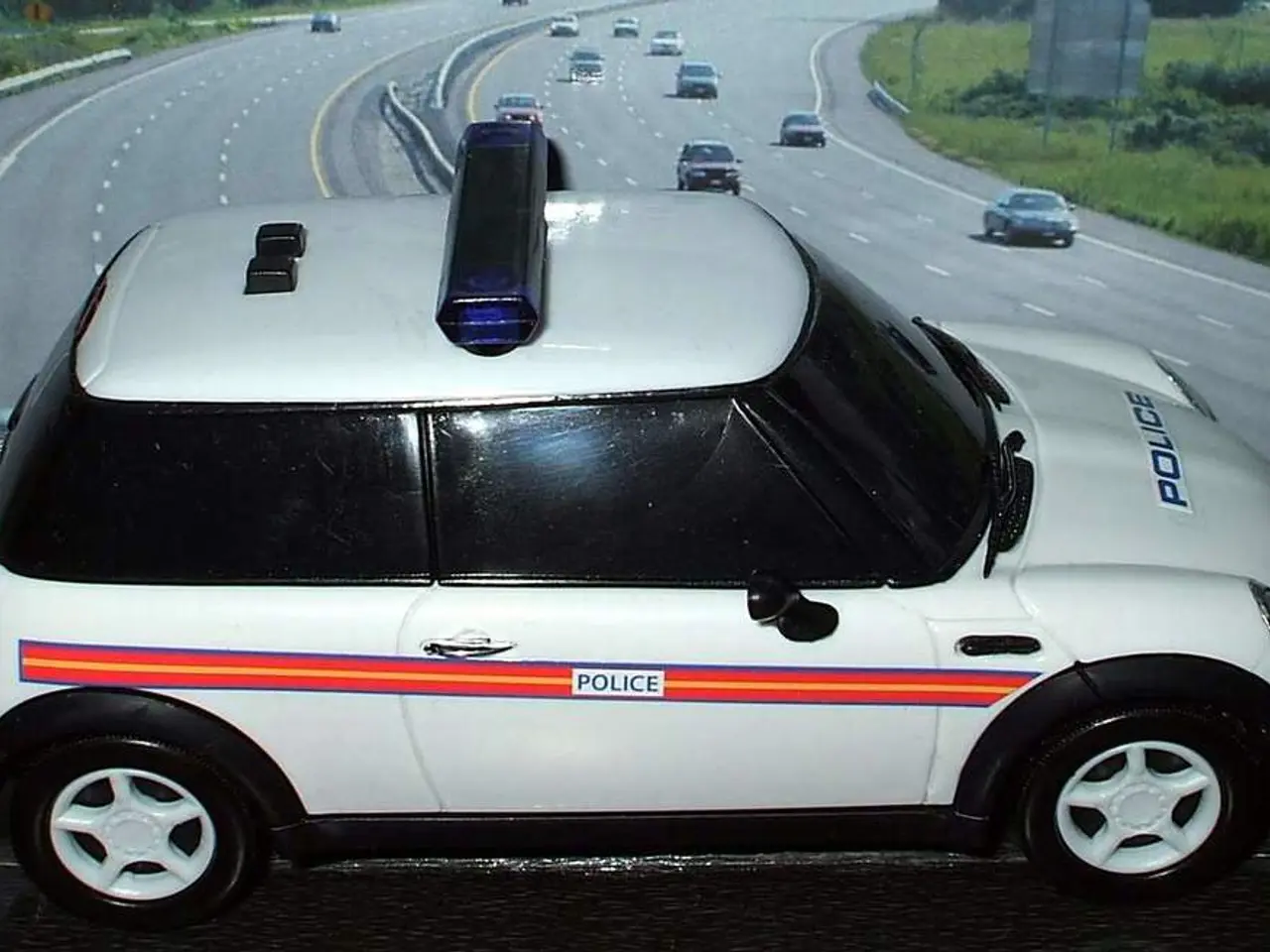Police chase incidents result in victims often facing a difficult road to justice due to qualified immunity, a legal doctrine shielding officers from liability.
In Texas, police pursuits are governed by departmental policies that aim to balance public safety with the need to apprehend suspects. These policies vary across jurisdictions and often include restrictions on high-speed chases. However, governmental immunity, including sovereign immunity and qualified immunity, provides significant protection for police officers and cities from lawsuits arising from police pursuits, even when innocent bystanders or uninvolved drivers are harmed.
A recent case in Houston illustrates this point. Michael Jackson, an uninvolved driver, was killed in a high-speed pursuit in 2021. His wife, Janice Jackson, sought a $5 million settlement from the city of Houston, but the city's legal department claimed governmental immunity, stating that it is not required to pay the claim. The case was initially ruled in favour of Janice Jackson by U.S. District Court Judge Kenneth Hoyt, but a higher appeals court later overturned the decision, allowing the city to potentially dismiss the lawsuit under immunity protections.
This legal principle, that government actors have immunity from many civil claims unless certain exceptions apply, creates significant barriers for victims uninvolved in police pursuits who seek compensation. In the Houston case, Janice Jackson relied on an online fundraiser to pay for Michael's funeral expenses.
Similarly, the family of Anthony Welch and Dee Baker Welch sued the city of Dallas and Gabriel Cerna after Cerna, an alleged capital murder suspect, crashed into their car while fleeing from police. The city twice pleaded governmental immunity, and the Welch family dropped their suit six months later due to the high bar plaintiffs must meet under state law to successfully sue for crashes that take place during emergency responses like police chases.
Internal departmental policies, such as those implemented by the Houston Police Department after fatal pursuits, can impose limits on when and how pursuits are conducted, aiming to reduce risk to the public. Despite these policies, accountability in individual cases is limited, and criminal charges against officers are rare. For example, a grand jury declined to indict Officer Orlando Hernandez on criminal charges for the fatal pursuit in Houston.
The Texas Legislature did not make any changes to the law regarding compensation for uninvolved drivers and bystanders harmed during high-speed chases during this year's session. However, some departments have revised pursuit policies to reduce risks after fatal or harmful chases. For cases where police officers do the damage, that falls on the city. Dallas, Houston, and others allow people who've been injured or had their property damaged due to a city employee's actions to file a claim and potentially have their costs reimbursed.
The state's Crime Victim Compensation Program can cover costs like medical expenses, attorney fees, and lost wages for crime victims, including those impacted by police chases. However, only if the person or property was hit by a suspect and they filed a police report.
In sum, police pursuits in Texas are subject to local police department policies that may limit or regulate chase conditions. Governmental immunities like qualified immunity and sovereign immunity strongly protect police officers and cities from lawsuits related to police chases. Victims uninvolved in police pursuits who are harmed often have difficulty obtaining compensation due to these immunities. Some police departments have revised pursuit policies to reduce risks after fatal or harmful chases, but criminal prosecution of officers involved in harmful pursuits is rare. This framework shapes the legal landscape for cases involving uninvolved drivers or bystanders harmed in police pursuits in Texas.
[1] References: Various news reports and court documents related to specific cases.








